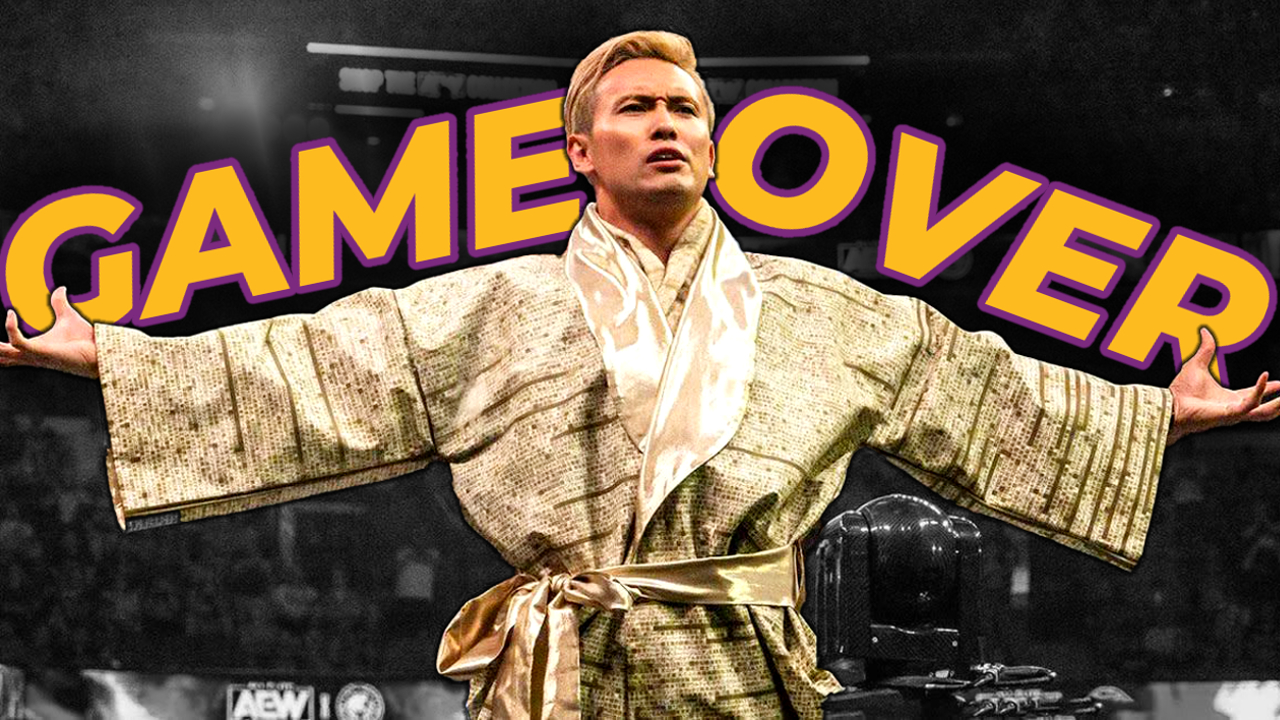The Terrifying Decline Of NJPW
A New Beginning is needed - a but a New Beginning, for now, is impossible.

The Rainmaker Shock was probably the greatest booking decision of all-time.
At The New Beginning 2012, with Hiroshi Tanahashi in his prime as Ace, he lost to Kazuchika Okada, who had wrestled just one (dismal) singles match upon returning from a dire TNA excursion. Okada was very young at the time - 24 - but looked even younger on the match graphic. Underscoring how unprepared he seemed for the role, he looked like a gawky, awkward teenager, his face trapped in the mutation between boyhood and adulthood. And yet, he was incredible in that match and sprinted towards megastardom the second the bell rang. It was so effective that it reverberated well into the proceeding decade.
11 full years later, the precedent of the Rainmaker Shock encouraged many fans to believe that, when NJPW really needed a lift, the returning Yota Tsuji - one of the three Reiwa Musketeers tasked with leading NJPW into a new era - would defeat IWGP World champion SANADA at Dominion 2023.
It was easy to lead a promotion into a bold new era. On February 12, 2012, Gedo needed just 23 minutes and 23 seconds.
Something like it had happened before; it was almost necessary that something like it would happen again. It didn't happen. A nostalgic memory had blinded fans from both the current reality and indeed the truth of how becoming a star actually works. Gedo in some ways is a victim of his own success.
If it was all just as easy as picking a talented wrestler with significant potential to be a star to cleanly defeat an established star, really, no promotion ever would find itself in a down period. A booker would simply handpick a talented wrestler with significant potential to be a star to cleanly defeat an established star, and repeat the cycle ad nauseam. Obviously, it isn't that simple. Gedo, to his immense credit, just made it look that simple.
A lot of factors make the process very complicated. Not all wrestlers are Hiroshi Tanahashi. That decision wasn't entirely altruistic; while Tanahashi was driven to do business the right way after enduring political nightmares of his own, he was smart enough to identify and help make a guy he could make money with over the long-term. Politics get in the way. Why, for example, would Okada do a job for jobs for the new generation of Musketeers?
He isn't working with them over the next few years. He's off, and taking a loss to a wrestler who isn't over might have damaged his brand as an independent contractor. If he cared, Okada might also point out, in his defence, that the process of losing to one's potential replacement need not actually happen.
CONT'D...(1 of 5)